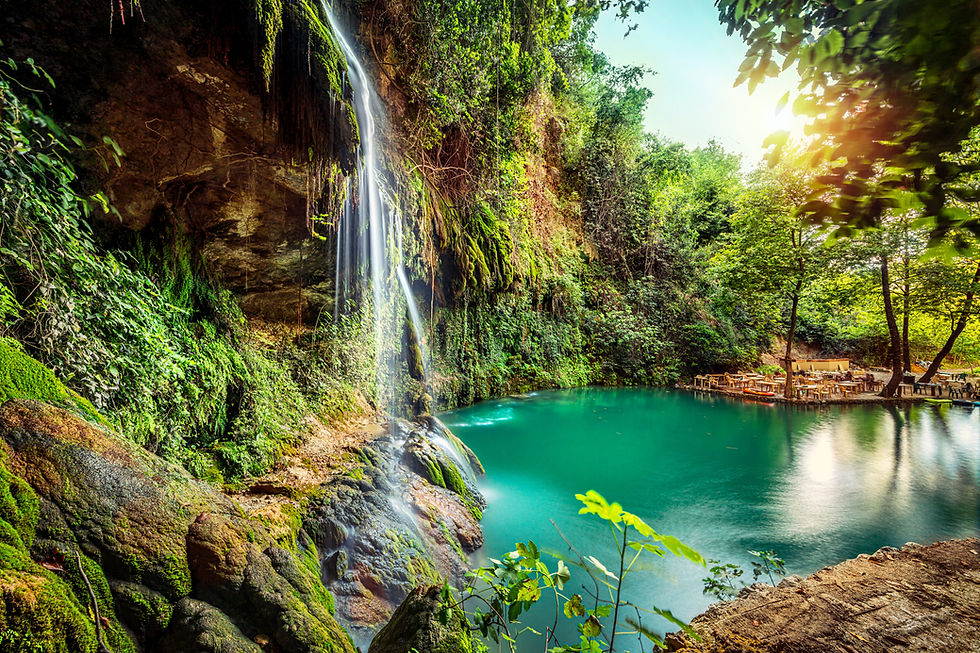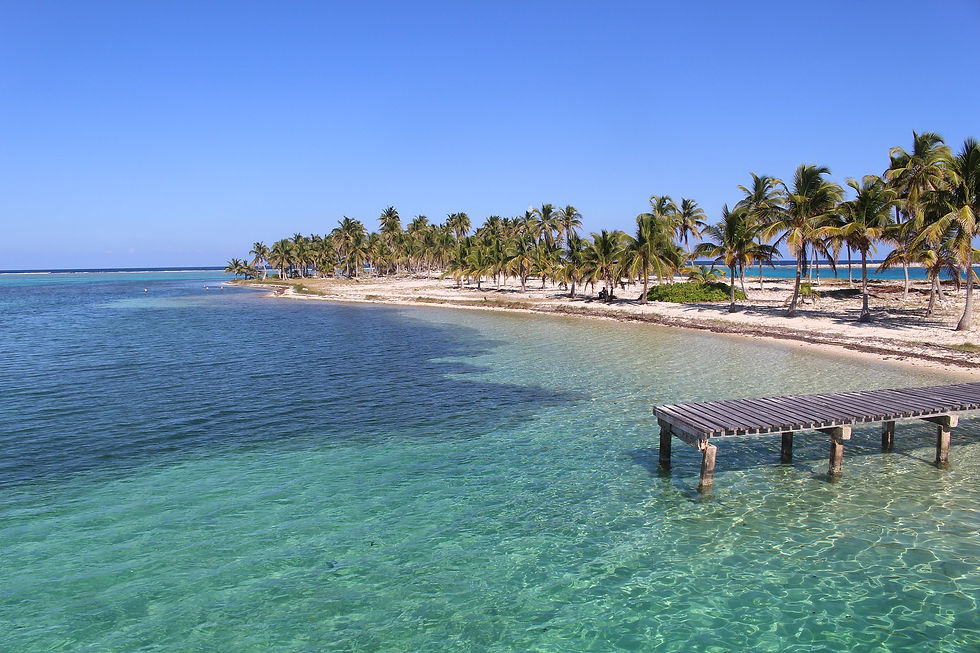A Hidden Restaurant, a Confused GPS and the Most Beautiful Part of Lebanon
- slancaster1590
- Jan 11, 2022
- 3 min read
Updated: Feb 3, 2024
We darted down the highway at a speed that wouldn't have concerned me had we been in a place where rules—any rules—applied. Perforated white lines indicated lanes, but they were more like suggestions than law. Drivers zoomed past us weaving through traffic, some deciding to straddle a line for several meters before their bumpers nearly collided with that of a car ahead of them. A quick sequence of angry honks then erupted from the surrounding vehicles as the offending driver maneuvered erratically, barely evading disaster. A similar event would occur a few miles down the road—and then a few more miles after that. Despite the sheer terror I experienced daily on the roads of Lebanon, those roads also provided me with a unique glimpse into Lebanon’s warm and hospitable soul.
My Lebanese boyfriend at the time, Abram and I followed the narrow roads as they wound around the mountains of El Choufe. From the passenger side window, I looked out and saw an expanse of valley bordered by colossal mountains—and nothing between me and that view but a steep drop-off. Our destination was Shallalat Al Zarqa Restaurant nestled deep in the mountains in Baakleen. Neither of us had been before, and neither of us knew the feat that awaited us. The GPS confidently directed us. “Turn right,” the robotic voice dictated with authority. “Turn left,” she demanded. But after two hours of being told to turn right and turn left and go straight only to be met with dead end after dead end, Abram turned off the GPS and rolled down his window. Locals standing outside shops and gas stations and drivers passing by in the opposite direction became our new means of navigation. Every mile or so, Abram would slow down and lean out his window to ask someone for directions. Sometimes, he would stop to talk to two or three different people along a short stretch of road. I asked him why he was doing that, and he explained that in Lebanon no one will say “I don’t know” when asked for directions. If they don’t know, they will say something like “Keep going straight.” If someone gave us directions like that, Abram would stop and ask someone else to corroborate those directions. After at least an hour of wandering through the mountains, we were finally making some headway toward our destination.
We had only a mile or two left in our journey when we met a man in a pickup truck. He kindly offered to lead us the rest of the way. With a little boy, maybe two or three years old, sitting on his lap, the man put his truck in gear and drove ahead of us. When we came to a fork in the road, he stuck his hand out the window and motioned for us to turn left. We took that turn and drove down a steep, narrow, and winding road that terminated at the once-elusive Shallalat Al Zarqa.

In Lebanon, there is much to fall in love with, but the people are by far the most beautiful part of this captivating land. They are warm and exceedingly generous, though most of them have experienced more hardship than most of us in the West can imagine. They are strong and resilient, but their hearts are soft. They still welcome the outsider, and they don’t hesitate to help each other. The Lebanese people are some of the most loving and communal-hearted people you will ever encounter. I found evidence of this in every part of the country I visited—even along the winding roads of the mountains in Baakleen.



Comments